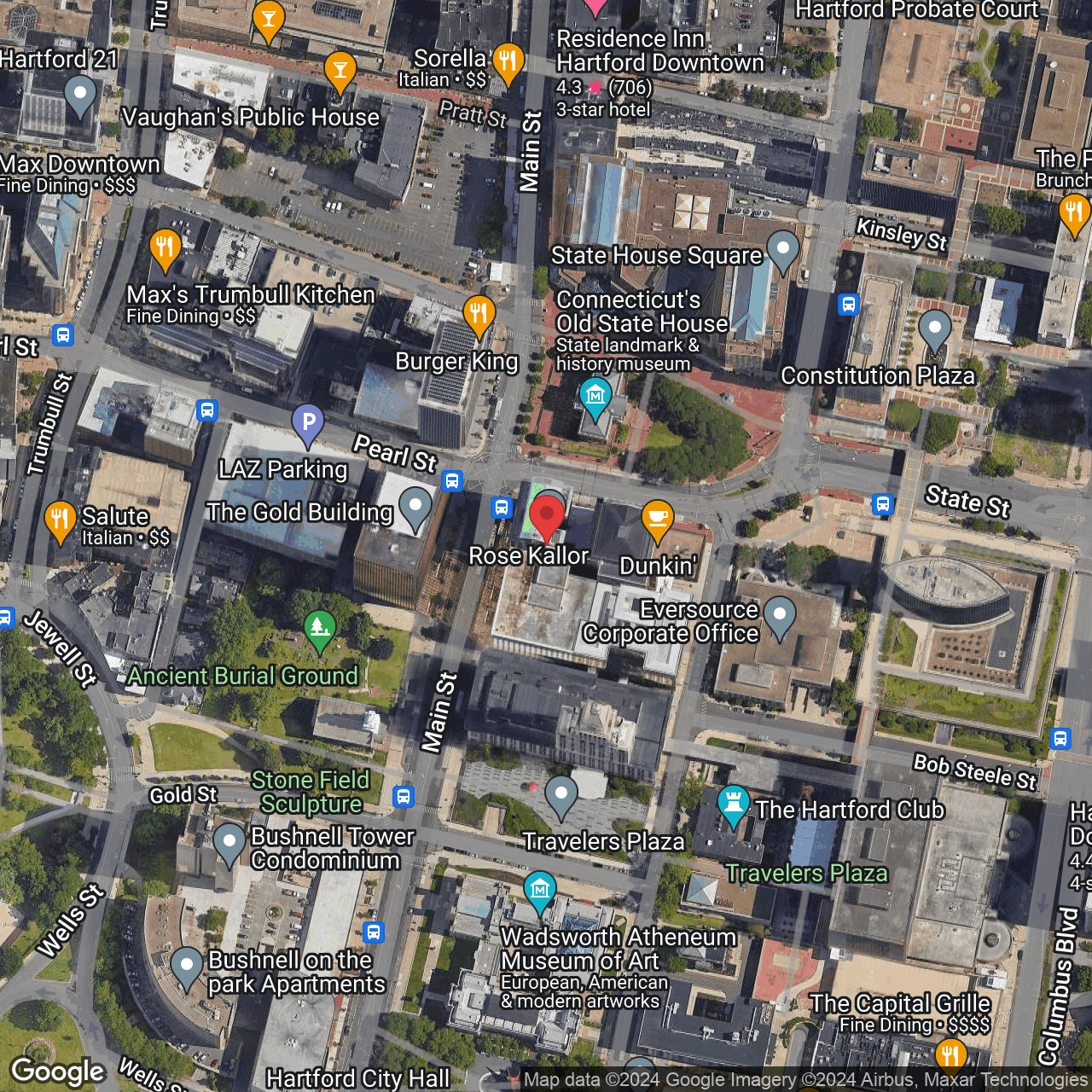Fighting Connecticut DCF in Court
The Connecticut Department of Children and Families (DCF) has an incredible amount of power when it comes to deciding what is in the best interests of your children.
With little knowledge of your home situation, DCF can quickly launch an investigation into you and your family, putting your parental rights at risk and turning you and your children’s lives upside down.
When it comes to DCF in Connecticut, you have rights, and you should understand them.
You must take everything DCF says and does seriously because they wield a powerful sword. But that doesn’t mean you should back down in the face of an investigation or allow a state agency to ruin your life.
At The Christie Law Firm we stand up to DCF with you. Attorney Christie has an extensive background with DCF cases and specializes in representing the rights of parents who are under investigation by the agency.
If DCF has entered your life and is treating you unfairly, call us today to find out how you can fight back.
The Role of DCF in Connecticut
In the state of Connecticut, the Department of Children and Families (DCF) is a state agency that exists to oversee services and programs involving child welfare.
In short, its purpose is to ensure that children in the state remain free from harm, so they are authorized to remove a child from a situation that is presumed to be “harmful.”
If DCF removes a child from a home, the parents or caregivers of that child must attend a hearing where evidence is presented relative to any possible abuse or neglect.
If the judge decides that the evidence is credible, they can grant custody of the child to another family member or place the child in foster care.
What to Know About a DCF Juvenile Court Case
If you have not already hired an attorney at this point in the process, it is critical that you do so.
Once your case enters the juvenile system and you go to court, you’ll want someone on your side who can explain the law, the process, and your rights.
One important thing to know is that after DCF has filed its petition and lawyers have been hired or appointed, a parent will have the opportunity to either dispute DCFs allegations (petition) or agree with the petition and DCF’s findings.
If a parent does not dispute the petition, then the case will not go to trial; if the parent does contest DCF’s petition and allegation, then the case will proceed to trial.
During the trial, or hearing, both parties will have the opportunity to present all necessary and relevant evidence to support their case, including documents, witness testimony, and other evidence.
At the conclusion of this hearing, the judge will issue a determination.
If the parent is successful in contesting DCF’s allegations, then the case will be dismissed; if the parent is unsuccessful and the judge concludes that the child is abused or neglected, then the case will be referred for a dispositional hearing.
Dispositional Hearings in Child Abuse and Neglect Cases
During a dispositional hearing, the court will consider the various options in front of it that may be implemented in order to best protect the child.
Options available include:
The parent should retain full custody of the child (this may include an order or recommendation that the family is referred to a community provider/therapist);
The parent should retain full custody of the child, but DCF should supervise that custody (i.e. regular home visits and check-ins).
The child’s best interests would be served if custody/guardianship of the child was to be transferred to another party, such as a relative;
The child’s best interests would be served if the rights of the parent to custody were to be temporarily suspended and the child were to be removed and placed in the custody of DCF (this is called commitment).
For parents, the last two options can be terrifying.
Children are usually only removed from the home if their safety and wellbeing are under threat.
Note that in severe cases, the court may pursue Termination of Parental Rights, which is the legal removal of all of the rights of a parent in regard to their child, making the child eligible for adoption or emancipation.
Get Help with Your DCF Case Today
If you are being investigated by DCF, you need a lawyer on your side who can help you at all stages of the process.
As a former DCF social worker, Attorney Nicole Christie is intimately familiar with the DCF process and will know how to best protect your and your child’s interest throughout the juvenile court process.
For a consultation with The Christie Law Firm please send our law office a message or call directly today at (860) 461-7494.

Ph: 860.461.7494
Fax: 860-461-7003
All information displayed on the The Christie Law Firm website is informational and shall not be deemed as legal advice.
If you’re currently dealing with an individual legal situation, you’re invited to contact us through email, phone, or form.
Until an attorney-client relationship has been established, we urge that you avoid sharing any confidential information.
© 2023 The Christie Law Firm, LLC All rights reserved
Family Focused & Child Centered™️
Illustrations by: Kuresse Bolds
Website Powered by Shaggy Digital

